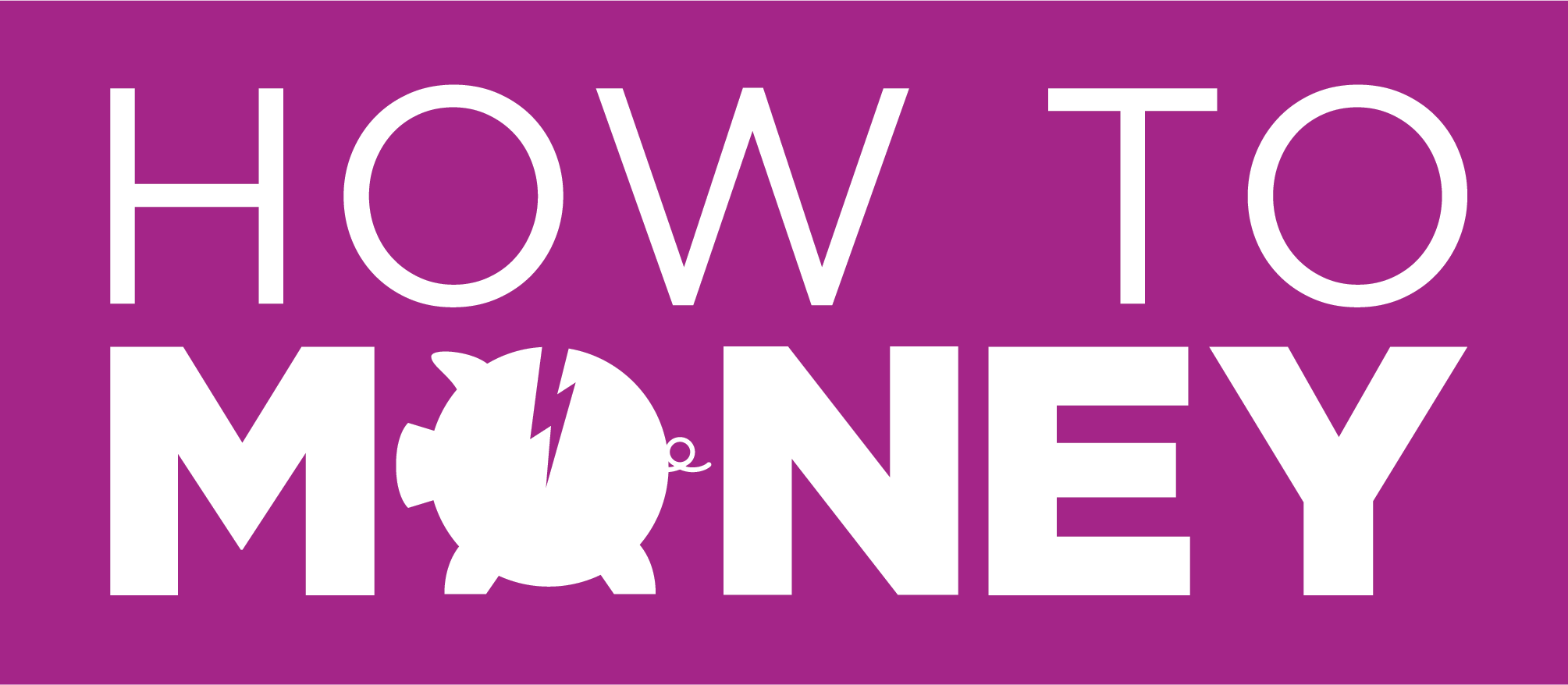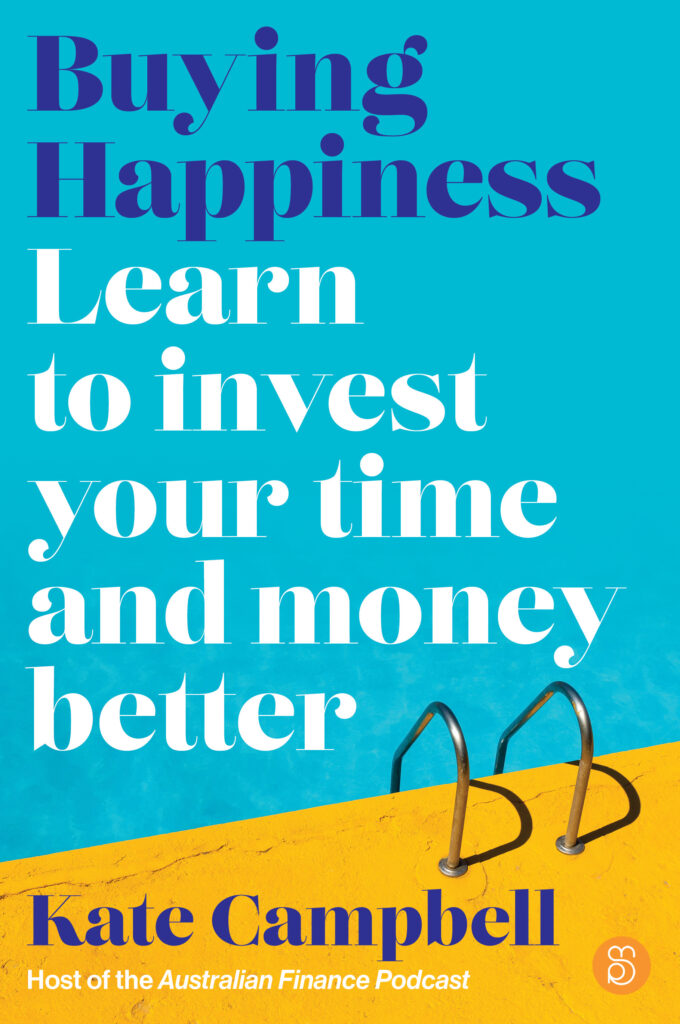
What Happens if You Don’t Have a Will When You Die?
Okay, okay, this article should be titled “What happens if you don’t have a will when you die (and other interesting will related questions)”, but I’ve got Aaron Zelman, the founder of Willed, to answer all my burning questions about the piece of paper responsible for considerable family drama. Let’s dive straight in!
When is the right time to get a will written up?
In a word — before you die! But of course, that’s not something we can know the timing of. A will is particularly important when you want to take care of loved ones by leaving your assets to them after you have died. For some without a ‘significant other’, it can mean caring for your parents or siblings. For others, it may even be about making sure your pet is left in the hands of someone you can trust to look after them
Once you are the parent of actual human beings, it becomes evident that you need to put something suitable in place.
Why can’t I just write my wishes down on paper and sign it?
A will can be as simple as a signed letter with your wishes, but that is prone to error making it invalid. You will want to appoint an Executor who will have the legal responsibility of administering your estate. If you have child dependents, you will want to appoint a Guardian. You may want to appoint back-ups to each of these. You will want to ensure your instructions are not-ambiguous and that you have not forgotten something legally important. Writing your own simple will is unlikely to provide for all these important considerations.
What should I consider before getting a will drawn up?
What assets you have and to whom you would like them distributed to after you die? And before you split up everything you own, do you have any specific gifts you would like to leave to any specific people? If you have dependent children (or even pets), who do you want to be legally responsible for their care? Who do you want to be legally responsible to ensure your wishes are implemented after you have died (according to your will, this is the Executor)? And if any of these people die before you, who do you want to replace them with?
Who can draft a will for me — does it have to be a lawyer?
For hundreds of years lawyers, using a lawyer has been the main way for people to have their wills drafted. Lawyers are well-placed to deal with complex family and financial situations but may prove overkill when the will required is relatively simple and straight forward. Willed creates a legally valid will (once signed and executed according to the provided instructions) for a fraction of the cost. It can also be done in under 20 minutes from the comfort of your own home.
What happens if I don’t have a will when I die?
Dying without a will is called dying ‘intestate’. In this preventable situation, your assets are handled by the Court who decides who will receive your assets based on a pre-defined order of operations for inheritance. This can be disastrous when your wishes are very different than the split the Court determines — especially if you do not want certain people to inherit anything (such as an estranged family member or even a spouse you are in the process of divorcing!).
I hope this gave you some insight into how wills work in Australia, because, apart from creating one back when I was 18 for work, I actually didn’t know much at all about how they worked. If you want to learn more about Willed and how they operate, head over here.
Kate — HTM Founder & Editor

Kate Campbell is the founder of How To Money. Kate created HTM from a passion to help young Australians start talking about money, and share the resources she finds along her financial education journey. This led Kate to start her own journey to financial independence a few years back and she now works in the Australian financial services industry.
Want to learn more about money and personal finance? Check out our article archive, the How To Money Podcast and the Australian Finance Podcast. Catch us on Twitter @HowToMoneyAUS and Instagram on @HowToMoneyAUS.
Important Information
The information on this blog and website is of a general and educational nature only. It does not take into account your individual financial situation, objectives or needs. You should consider your own financial position and requirements before making a decision, as we are not an advisory service. We recommend you consult a licensed financial adviser in order to assist you. The information is based on assumptions or market conditions which can change without notice, and this will impact the accuracy of the information provided. This website and blog occasionally provide links to third-party sites, aimed at helping you gather the information required to make an informed decision — we may receive payment for these referrals.






